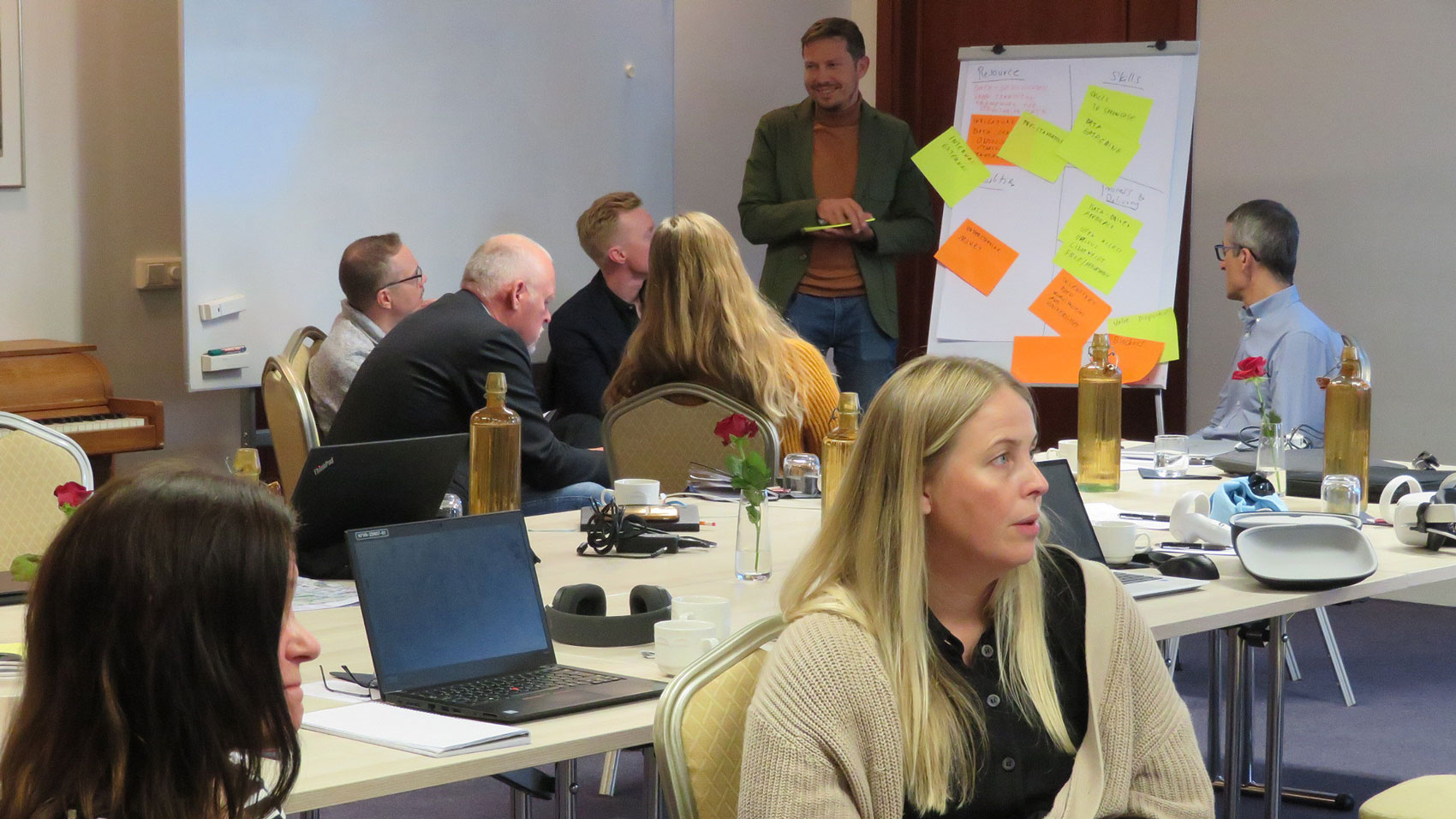News

Partners launch the project Capacity Building Programme in Iceland
The partnership held a practical session based on the use and benefits of GIS for enhanced public services.
Date
22.09.2023

